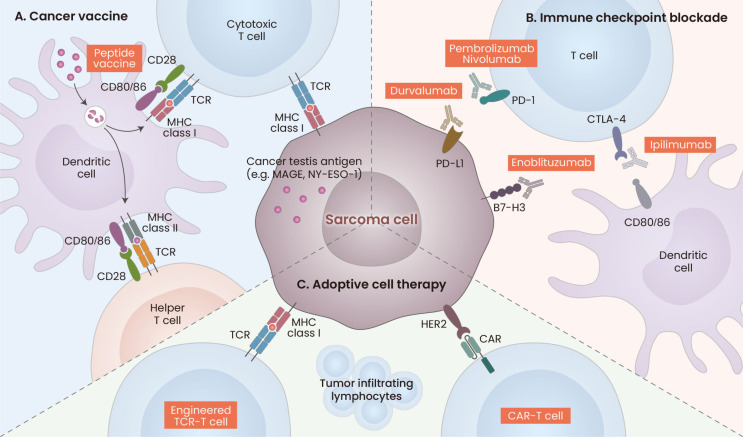Fig. 1. Current immunotherapies used for sarcoma treatment.
(A) Cancer vaccine: Dendritic cells present sarcoma-derived antigen or neoantigen peptides through MHC class II to T cell receptor (TCR), activating T cells with CD28-CD80/86 co-stimulation. MHC class I presents tumor-specific antigens such as MAGE-A1 or NY-ESO-1, leading to cytotoxic T-lymphocyte (CTL)-mediated killing of sarcoma cells. (B) Immune checkpoint blockade: Sarcoma cells evade T cell-mediated cytotoxicity by expressing immune checkpoint ligands such as programmed cell death ligand 1 (PD-L1), which suppresses T cell activation by binding with complementary receptors on T cells such as programmed cell death 1 (PD-1). Immune checkpoint blockade antibodies targeting PD-L1 or PD-1 interfere with this interaction. Similarly, blocking the cytotoxic T lymphocyte associated antigen 4 (CTLA-4) receptor binding with CD80/86 complex prevents CTL suppression. (C) Adoptive cell therapy: Engineered TCR-T and chimeric antigen receptor (CAR)-T cells specifically engage with tumor cells that express the target antigen on their surface. CAR-T cells are designed to bind with sarcoma cells independent of MHC class I complex. MAGE, melanoma-associated antigen; NY-ESO-1, New York esophageal squamous cell carcinoma 1; HER2, human epidermal growth factor receptor 2.

